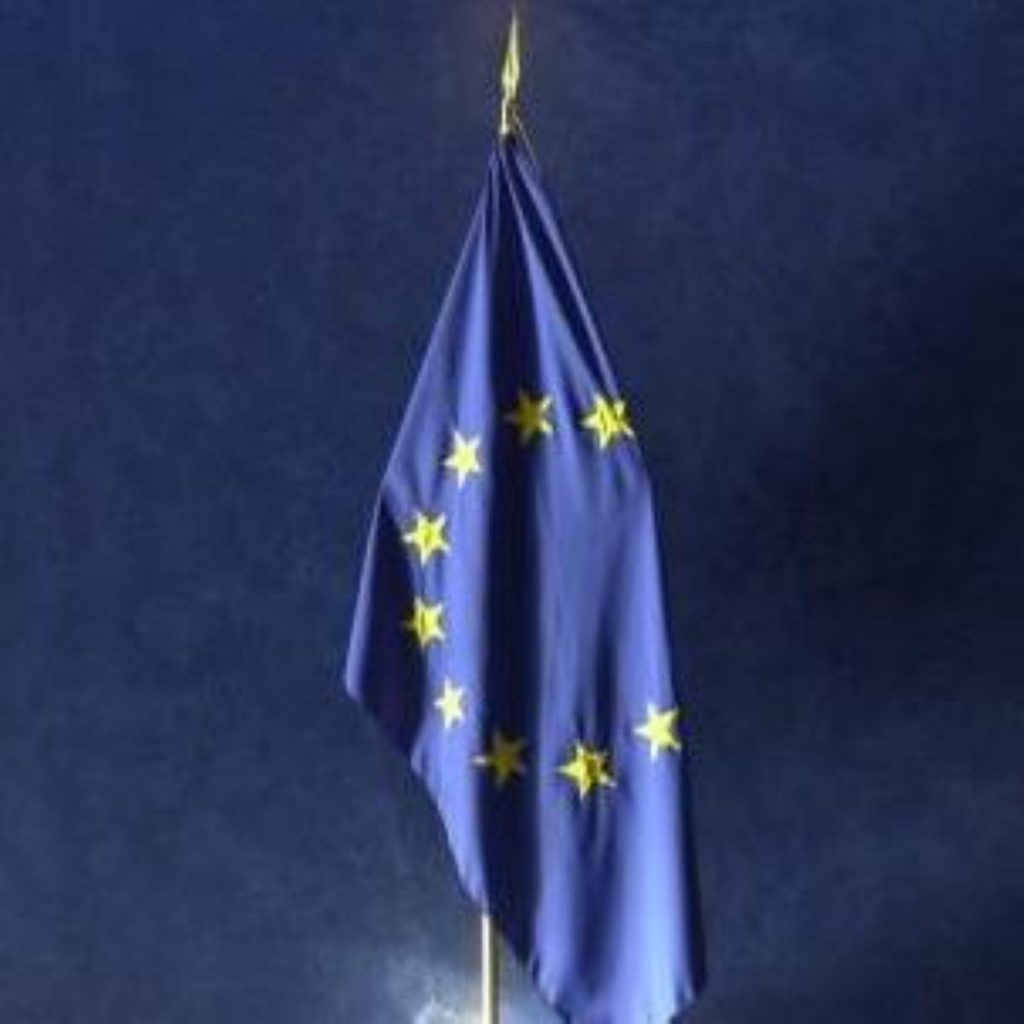Romania and Bulgaria enter 2007 as EU states
Romania and Bulgaria have seen in the new year as the newest members of the European Union.
Tens of thousands of people attended celebratory concerts in the Balkans countries’ respective capitals of Bucharest and Sofia.
Almost two decades after the collapse of Communism, residents of the former eastern bloc states are optimistic that EU accession will bring new prosperity and opportunity.
Standing beside EU enlargement commissioner Olli Rehn in front of mass crowds in Bucharest, Romania’s president, Traian Basescu, said the accession was an “enormous chance”.


“It was hard, but we arrived at the end of the road. It is the road of our future. It is the road of our joy,” he said.
Bulgarian president Georgi Parvanov meanwhile said that entry to the EU represented a “heavenly moment”, predicting that today’s accession would “undoubtedly find its place among the most important dates in our national history”.
“But let’s make it clear, our future success as a nation depends not on European funds and resources, but on our own work,” he added.
In 2003 the EU had 15 members, but the accession of 12 new states since then means that from today, its constituent parts have a combined population of about half a billion.
Bulgaria and Romania were granted accession earlier this year despite concerns over the transparency of their legal systems, but the biggest worry among existing members is the expected flood of economic migrants seeking work within their borders.
Britain, one of the few countries to place no restrictions on workers from the ten countries that joined the EU in 2004, has already announced that Bulgarian and Romanian migrants will be subject to controls.
The Home Office says it will review the quota-based scheme for unskilled workers every year, although there is increased flexibility for skilled workers and students.
Home Office minister Liam Byrne insisted Britain needed to “understand the transitional impacts from the last round of accession before we take the next step”.
He said the measures will allow the government to “manage the flow of workers from Bulgaria and Romania as part of this process”.
“Through this measured response to accession we will ensure that migration is, and continues to be, managed in the best interests of the country as a whole,” he concluded.
Foreign secretary Margaret Beckett added: “The journey [of enlargement] has transformed both countries creating opportunities not just for their citizens, but for everyone in the EU and in Britain.”
Meanwhile, Germany has taken up the rotating six-month EU presidency from Finland.









